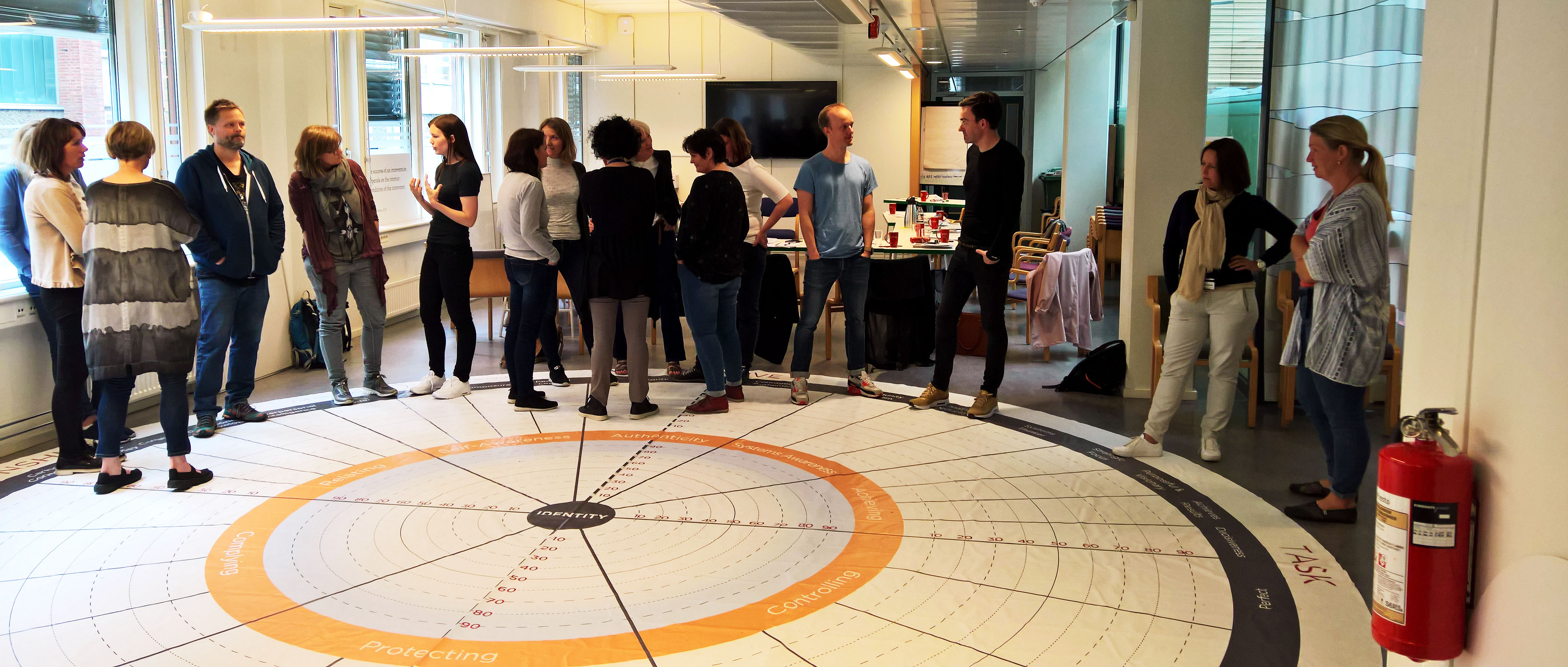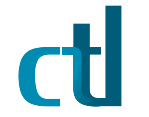Written by CTL guest author, Frederik Sivertsen.
Over a 4-year period, the 14,000 employees of Trondheim Municipality manage NOK60 billion for its population. This money is meant to provide citizens with the best possible services, so that they see that the democracy they are a part of is realised and developed.
Among these 14,000, there are now 800 leaders, most of whom are new to the leadership roles they have today. The project called Holistic Leadership will ensure that all of these leaders in Trondheim Municipality have a chance to improve their professional competence, be surrounded by a network of likeminded leaders and have the ability to reflect on their leadership roles.
CTL has contributed to this with the theoretical basis, coaching and the practical follow up in a pilot project where selected leaders have participated. The project, which is an accelerator program, started in May 2017 and lasted until January 2018.
Trondheim Municipality is now using the experience they have gathered through the pilot project to select the theory and methods to continue along the road as all of Trondheim Municipality’s 800 leaders go through this development program. «Even if the pilot project is completed, this is just the beginning for us. We will now find out how the units can learn and develop in the future. The experience we have gathered in the pilot project will form the basis for our further work. Traditionally, leaders have received support, for example for legal and human resources policy – this is a matter of supporting leaders with regard to continuous training and development», says Kristian Mjøen of the municipal executive staff.
Leaders who have participated in the CTL led pilot project find they have changed both as human beings and as leaders. They feel that they, to a greater extent than before, include their colleagues in decisions and processes, that there is more weight behind and acceptance for the decisions they make, and that both they themselves and the people they lead feel they have a greater degree of ownership to the projects which are always underway.
Mjøen describes Holistic leadership as an attempt to join structures and norms in practice, in a way which makes the organisation learn, innovate and create a better community development. «We will create leadership capacity in the municipality which can improve and implement good processes. On a higher level, the project is nevertheless about three main priorities in the municipality».
- Performance and realisation of democracy.
- The municipality as a professional employer.
- Lay down the main principles of leadership in a complex unit.
«The municipalities exist to realise democracy. We shall promote growth, protection, social development and at the same time manage all the services for the people in the municipality. As employees of the municipality we are here to implement the political goals applying to Trondheim. The political goals are in their turn an expression of the people’s will over time», Mjøen explains.
«If we want to lead 14,000 people, we need to have an orderly house. As far as I know, telepathy is not a possible form of communication – so then we have to use what we know about people and organisations to communicate with all these people in a good way. They will all have adequate training, confirmation of what they do that is correct, and invalidation of what is wrong, information they need and the conditions required to do a good job», Mjøen says.
The basis of the Holistic Leadership project consists of a number of well-designed and thorough processes. Mjøen points out that a well-founded theory and good plans are not enough. «You can lay down strategies and talk about theory as much as you like without any effect. We may have great and good ideas in theory of what should take place in the future. What we have tried to achieve with this program is to bypass the explanation of how holistic leadership works from a cognitive perspective, and rather make it possible for the leaders to explore how it works in practice, in the physical world, where they can get involved with the people around them and actually see the reactions they create in other people».
«We want to describe how a leader creates value with his team of leaders and his or her unit, but also together with the people who use the services they supply. This is about how leaders release the energy and potential of the people around them and the kind of leadership which is best suited to engage people in the plans and visions to be achieved», Mjøen says.
Participants in the accelerator program describe their experience in a similar way. They have learned by other leaders sharing their experiences, and they have learned from sharing their own experiences. The leaders in the program have been helped to solve real problems they have seen as leaders, and they now feel they are better equipped to handle processes, projects and people in a new and improved way.
Associate professor Camilla Fikse and professor Ottar Ness of NTNU have followed the pilot project all the way, and in fall they will publish a research article based on their observations. «My impression is that the leaders who have participated in the program have had a powerful experience and that they are now a lot more conscious of both leadership generally and themselves as leaders».
Fikse also says, just like many of the participants, that the 360 evaluation was an eye opener in the program. «We had feedback from people who said they suddenly discovered the truth about themselves, and one participant said they were shocked to the core. Going through the 360 evaluation can be described as tough, brave and unpleasant at the same time – but doing it gives the participant something very concrete to work on, and it is therefore motivating».

Many participants also describe the 360 evaluation as a turning point. Among other things, the evaluation confronts them with other people’s impression of them as leaders. Other people’s honesty and the need to be honest with oneself in relation to one’s own areas of improvement, demands a lot from the participants. «The 360 evaluation was frightening to start with – but it has been a great help, and I see now that there is a lot I can do myself, just by adjusting and working on simple themes and areas», says Hilde Nordskag Lysklett, who is head of the unit for daycare facilities and who has been given the responsibility for a new daycare facility programme for Sami people in Trondheim.
Lysklett has experienced a significant development since she joined the program. «For me, it is absolutely necessary to communicate my views both to politicians and the chief municipal executive. I would also like to demand certain things from the politicians. This is rather new to me, and a year ago, before this program, I would probably not have dared to do that», Lysklett says.
contact CTL for more information about the theory, methods and technology used in the pilot project.

